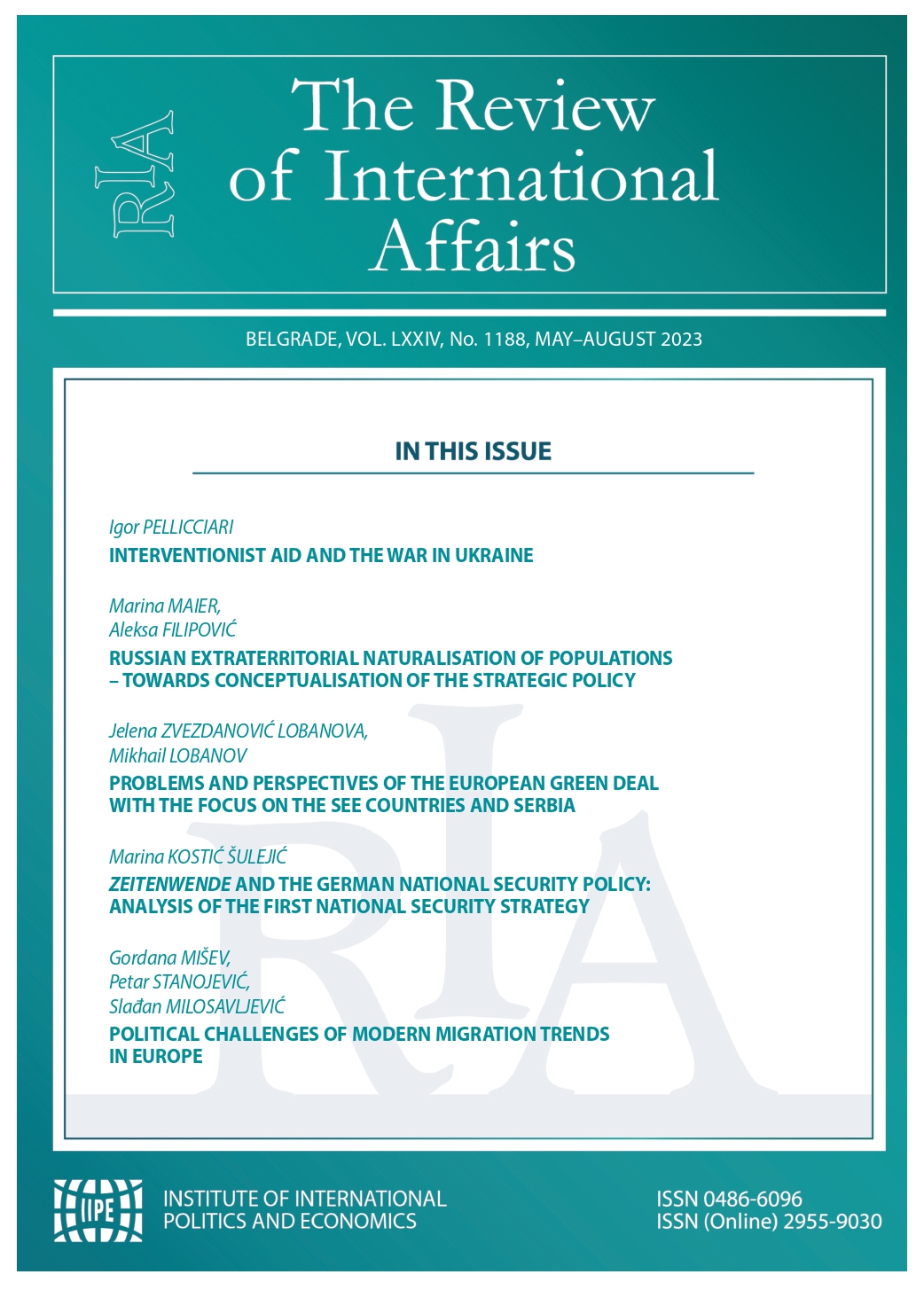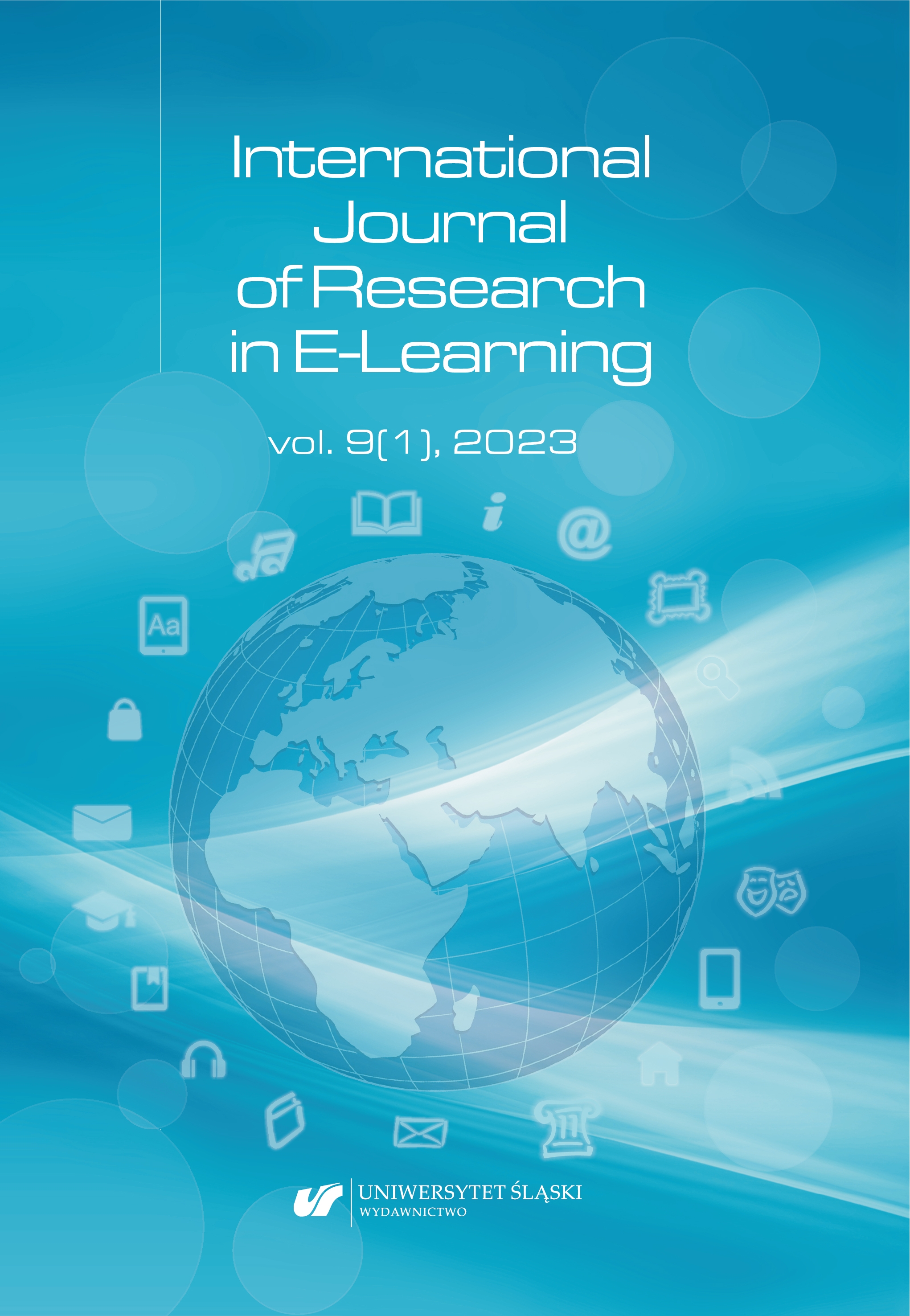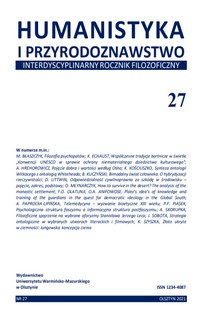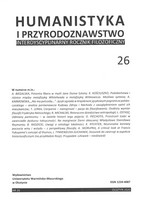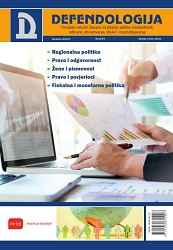
The Regional Component as the Initiator of the Spatial Development of the Republic of Srpska
The Regional Component as the Initiator of the Spatial Development of the Republic of Srpska
Keywords: territorial development; regions; regional policy; cohesion policy; NUTS; EU;
Due to the specific appearance and natural and social characteristics of the Republic of Srpska (RS) as an obstacle to its uniform territorial development, it is noticed the absence of a middle level of management, ie. absence of regional territorial division. Obtaining the status of a candidate for membership in the European Union (EU) Bosnia and Herzegovina (BiH), and therefore the Republic of Srpska (RS) they took on the obligation to fulfill certain conditions, among which is the harmonization of legislation and territorial organization in accordance with the rules of the EU Code of Conduct. One of those conditions is the establishment of NUTS regions, and the benefits are also reflected in the possibility of withdrawing funds from regional development funds. The trend of regionalization is obvious in Europe, which is also confirmed by the fact that at the EU level bodies have been formed that deal exclusively with regions. The goal of the paper is to point out the necessity of establishing NUTS regions in accordance with the EU Code of Conduct, as well as creating preconditions for withdrawing funds for own development that are available through regional cooperation funds. By establishing NUTS regions, it is possible to monitor statistical data that are unique for all EU countries and in this way, the assumption is created for a more objective monitoring of the development of BiH within the European space.
More...
